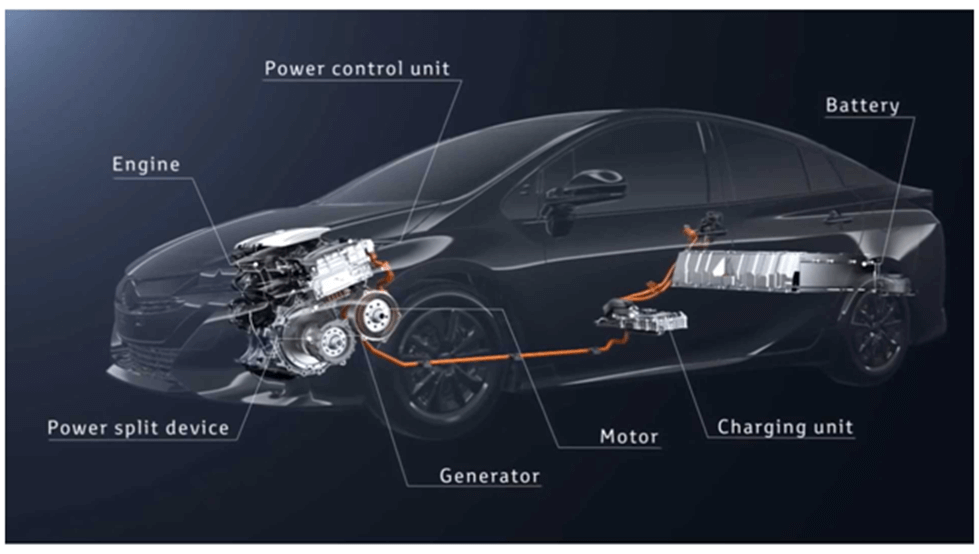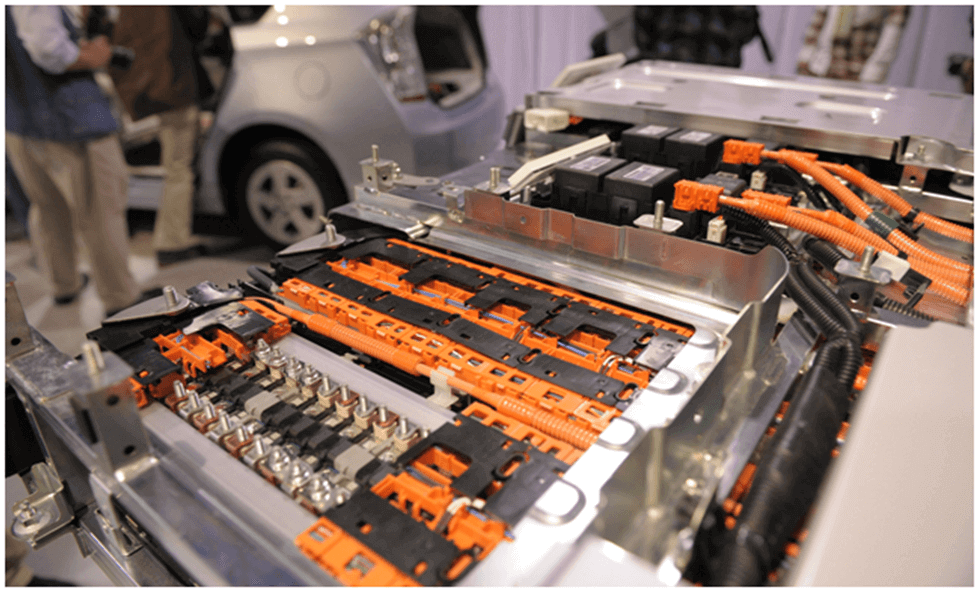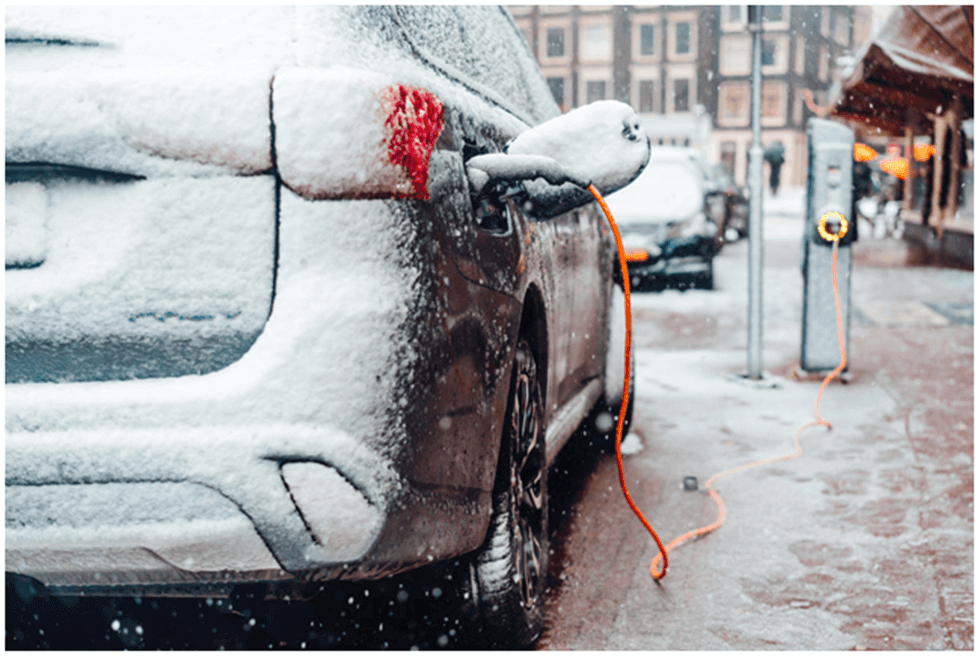Typical problems of hybrid cars
There is a widespread belief that a hybrid car or electric car is something technically sophisticated and unreliable compared to conventional cars. In fact, the battery, electric motor and control electronics systems are much simpler and more reliable than the internal combustion engine. In theory, hybrid cars can really be considered less reliable only because they contain more parts that can break down.

A car with a combined power system and drive has three components that can cause additional problems:
-
Rechargeable batteries
A battery is a collection of batteries. It is known that batteries lose capacity during operation. After five to seven years, the on-board computer can report a battery failure and shut off the drive, and the car can continue to be operated as a normal internal combustion engine vehicle. In most cases, it is sufficient to replace one or two battery cells that have a critical loss of capacity to remedy the problem. Today, the battery is available on the market for most models of electric or hybrid cars, allowing you to repair quickly and at a reasonable cost.
-
Electric motors
The electric motor is known for its simplicity of construction and high reliability. In fact, it contains only two large moving / rotating parts relative to each other: the rotor and the stator. Manufacturers design electric cars and combined cars so that the motor is not affected by factors that can malfunction it. Electric vehicle damage in modern vehicles is an exception rather than the rule.
-
Control electronics
Like any electronics, the drive control system can fail. Sensors, network breakage, program crashes, and more may be the cause. To understand how high the likelihood of such cases is, it is enough to remember your own experience of operating any modern car. The control unit of the hybrid has no fundamental differences from the "electronic brain" of a car with an internal combustion engine, which means that it is about as reliable.
In fact, there are no objective typical problems with quality hybrid cars. In addition, most popular modern hybrids, even in the event of a malfunction in the drive system, can continue to move to a station or home.

In addition to the typical problems, there are several objective shortcomings specific to hybrid vehicles.
Typical disadvantages of hybrid cars:
- Hybrid cars are not always the most economical. In fact, machines with high-speed small-capacity engines are capable of consuming fuel even less than hybrids. However, they are almost always not as dynamic and easy to use. And forcing small-displacement engines reduces their work life.
- Hybrids are too different. If in one car you can only move for a while on the electric train, then in another - no. If you can switch on the air conditioner or the heating at any one time, the other requires an internal combustion engine, etc.
- Practicality and design . Some companies in the pursuit of low weight and good aerodynamics make hybrid cars less comfortable and unattractive outside. In other cases, the result of such work is even more progressive in terms of design and functionality.
- Small batteries. It is about the capacity of the rechargeable batteries. Power storage technologies are not yet sophisticated enough to allow for easy, compact and low-cost electrical installation for high-mileage vehicles.
- Decrease in capacity at low temperatures. In the cold, the battery loses capacity, which means that the range of autonomous electric traction is reduced and the possibility of using additional systems powered by this battery.

Despite the objective shortcomings of hybrid vehicles, they remain one of the most promising and dynamically growing. The LeoDrive company offers daily rent of Toyota RAV4 Hybrid crossovers in Lviv.